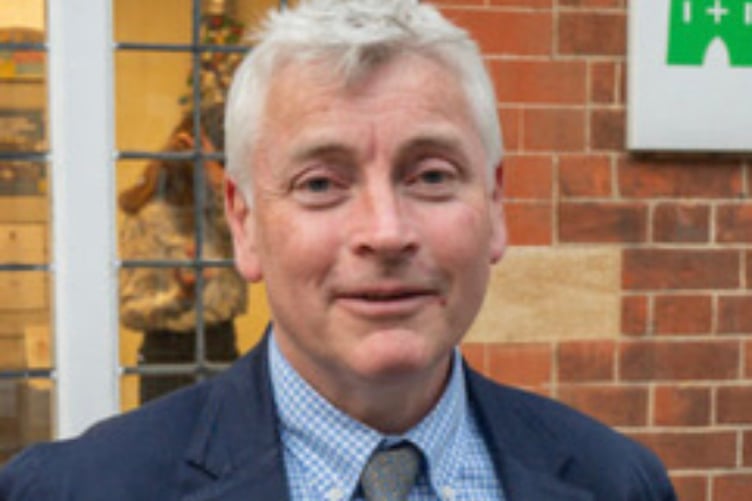Claims about Waverley Borough Council “hoarding” developer contributions misrepresent both the facts and the causes of the issue.
The Community Infrastructure Levy (CIL) was created by the last Conservative government and implemented locally by Waverley’s Conservatives.
Councils have no choice but to operate within its restrictive rules. Funds can only be spent on new infrastructure — not repairs or refurbishments, however urgent.
On top of this, the system is bid-based: Only infrastructure providers such as Surrey County Council or the NHS can apply. If bids don’t come forward, Waverley cannot allocate the money.
Some providers, like the privatised utilities, are excluded from bidding. Meanwhile, residents feel the impact of development immediately, but Waverley has to wait for eligible providers to bid.
The real block here is the lack of bids. Waverley has consistently pressed Surrey County Council and other providers to bring forward deliverable projects.
Despite the many successes on highways, schools and a new GP surgery for Farnham, too often bids are delayed, insufficient or absent. Until providers step up, balances will inevitably look higher than they should. Critics should be encouraging bids, not criticising Waverley.
The truth is that Section 106 (S106) and CIL capital receipts are ring-fenced as committed reserves — essentially liabilities — in Waverley’s accounts.
The capital itself cannot be touched except for infrastructure. The cash received is either spent or invested across the council’s net assets like any other income, and only that portion held as cash earns interest.
High interest is not the problem; it is the consequence of large balances and higher national interest rates.
Adding “theoretical interest” to an unspent liability only makes the headline number bigger without addressing the real fundamental issue: the lack of good bids for CIL from providers.
Interest does still benefit residents and indeed supports infrastructure. Interest income helps keep council tax and fees lower than they would otherwise be. Without it, residents would face higher bills or cuts to frontline services.
In fact, in Waverley, far from being wasted, interest is reinvested into services and is supporting more than £1.2 million in capital projects this year alone.
The idea that Waverley deliberately stockpiles CIL to generate interest is simply false. So anyone who’s genuinely concerned about unspent infrastructure money should look at the root cause of the problem.
In Waverley, they may also care to compare Waverley to Surrey County Council — a Conservative-run authority sitting on more than £200 million of unspent capital grants and contributions, which also recycles its interest in exactly the same way as Waverley.
But unlike Surrey, Waverley does publish detailed figures accounting for every penny of S106 and CIL (including unsuccessful bids) and is one of the most transparent councils in the county, consistently pressing for strategic allocation and delivery — exactly the kind of transparency that the Home Builders Federation called for.
No, the real problem is not Waverley’s willingness to spend infrastructure funds but another legacy Conservative system that is too rigid and infrastructure providers who fail to bid.
Waverley will continue to press for change nationally and locally so that developer contributions are converted into the schools, GP surgeries and roads our communities urgently need.
Cllr Mark Merryweather is a Liberal Democrat member of Farnham Town and Waverley Borough councils.




Comments
This article has no comments yet. Be the first to leave a comment.